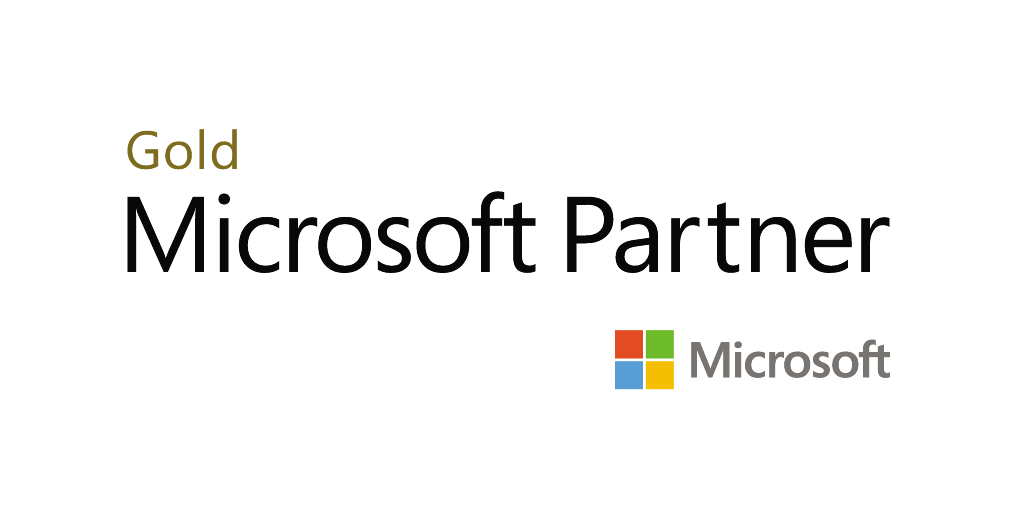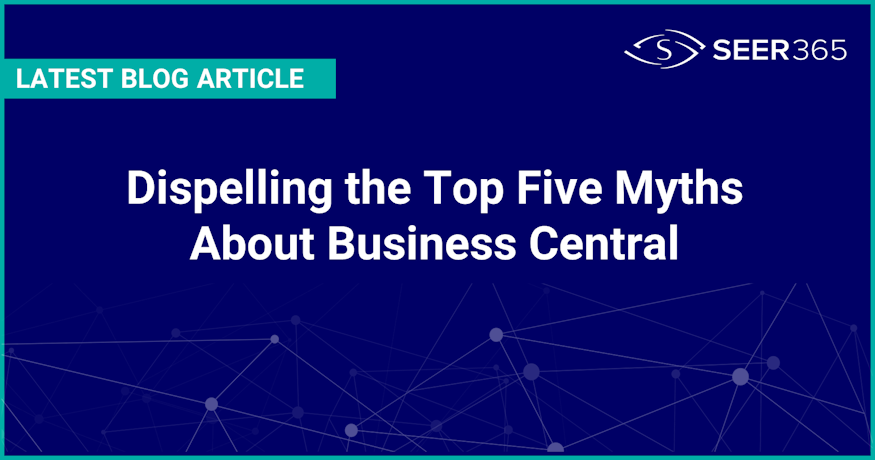Maximizing ERP Potential: Microsoft's Automation and AI Powerhouse

In today's fast-paced business landscape, automation technology has become the cornerstone of modern business operations. Microsoft, a frontrunner in this space, offers a comprehensive suite of tools and platforms that empower organizations to automate repetitive tasks, significantly reduce human error, and skyrocket overall productivity.
Artificial Intelligence (AI) is transforming industries by enabling machines to perform tasks that typically require human intelligence. Microsoft's AI capabilities are integrated across its suite of solutions, offering businesses the opportunity to harness the power of AI to gain valuable insights and drive innovation. They have invested in cutting-edge research and integrated AI technologies into their products and services, delivering billions of intelligent experiences daily in various domains.
Now, let's talk about strategy. Microsoft takes an integrated approach to automation technology, Enterprise Resource Planning (ERP), and AI, presenting businesses with a robust toolkit to not only survive but thrive in today's dynamic market. By harnessing these cutting-edge technologies, organizations can streamline their operations, unlock priceless insights, and spark innovation - ultimately setting the stage for long-term success.
Here's a closer look at how this powerful partnership between Microsoft and AI is revolutionizing the ERP realm:

Streamlined Operations:
Microsoft's ERP solutions, particularly
Dynamics 365, seamlessly integrate with existing systems, creating a unified platform that harmonizes operations across departments. This leads to smoother workflows, reduced manual data entry, and increased operational efficiency.
Data-Driven Decision Making:
AI, when integrated with ERP, empowers organizations to extract meaningful insights from their data. Machine learning algorithms analyze large datasets to identify trends, patterns, and anomalies, enabling informed decision-making based on real-time information.
Predictive Analytics for Enhanced Planning:
By leveraging AI's predictive analytics capabilities, businesses can forecast demand, manage inventory levels, and optimize resource allocation. This proactive approach minimizes risks, reduces excess inventory, and ensures timely deliveries.
Compliance and Risk Management:
AI-powered tools can monitor for compliance with regulatory requirements and identify potential risks. This proactive approach helps businesses stay ahead of compliance issues and mitigates risks before they escalate.
Microsoft's AI tools are designed to benefit individuals at every level. Their long-term commitment is grounded in its mission to help people and organizations worldwide achieve more while ensuring the responsible development and use of AI.
The integration of automation, ERP, and AI is reshaping the business landscape, with Microsoft providing a suite of tools that empower organizations to harness these technologies for operational excellence and innovation.
If you are interested in learning more and discovering how Microsoft ERP solutions can advance your business, please
contact us today.
Contact us today at Pelorus Technology to elevate your business operations with our expert Microsoft Dynamics 365 solutions and Services. As a Global Microsoft Partner, we are committed to streamlining your processes and delivering top-tier services tailored to your needs. Let’s get started on your transformation journey!









